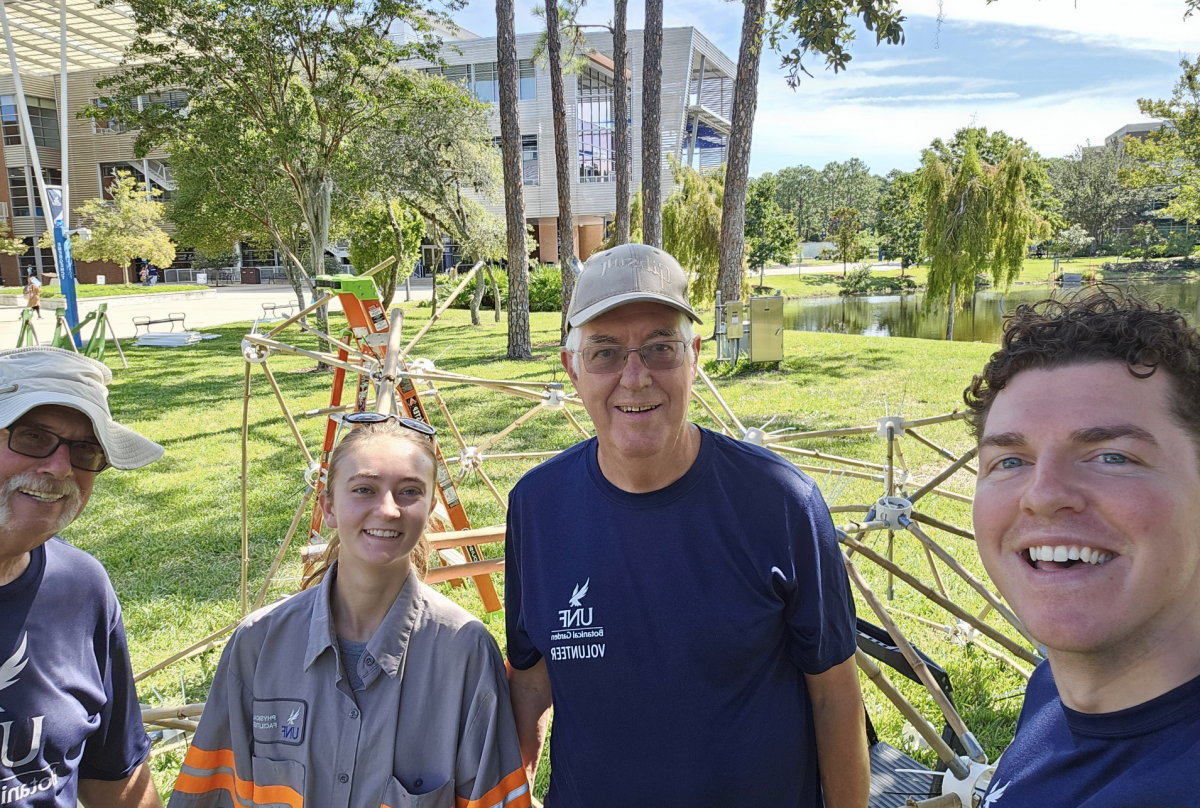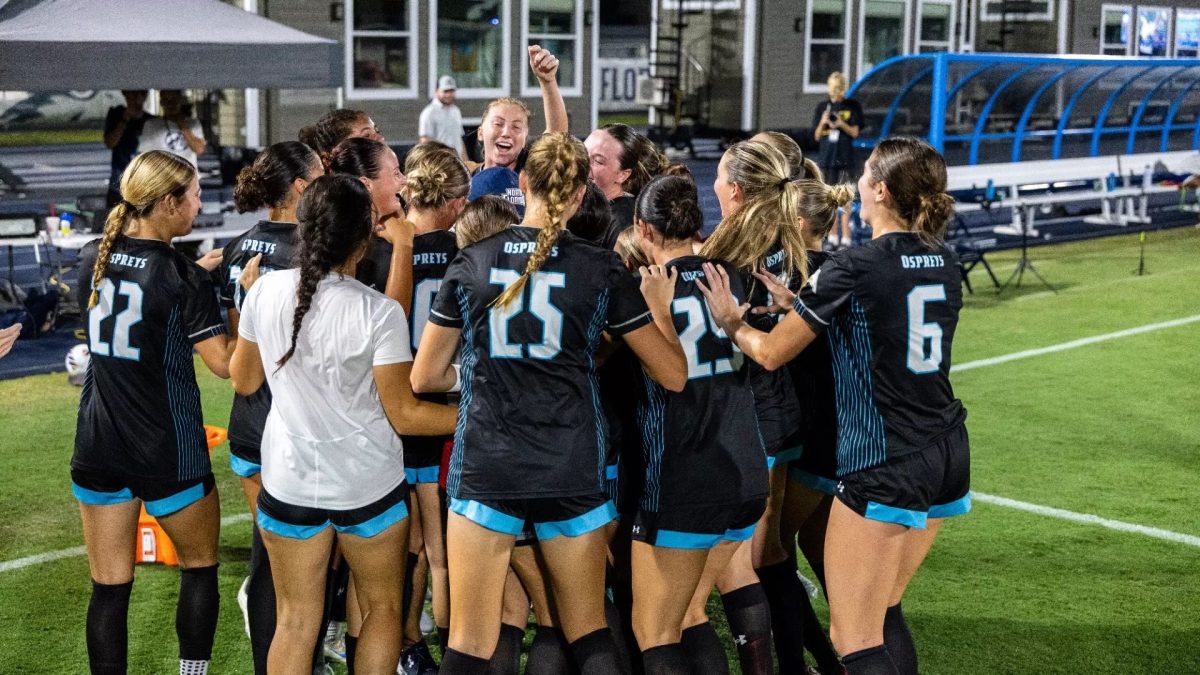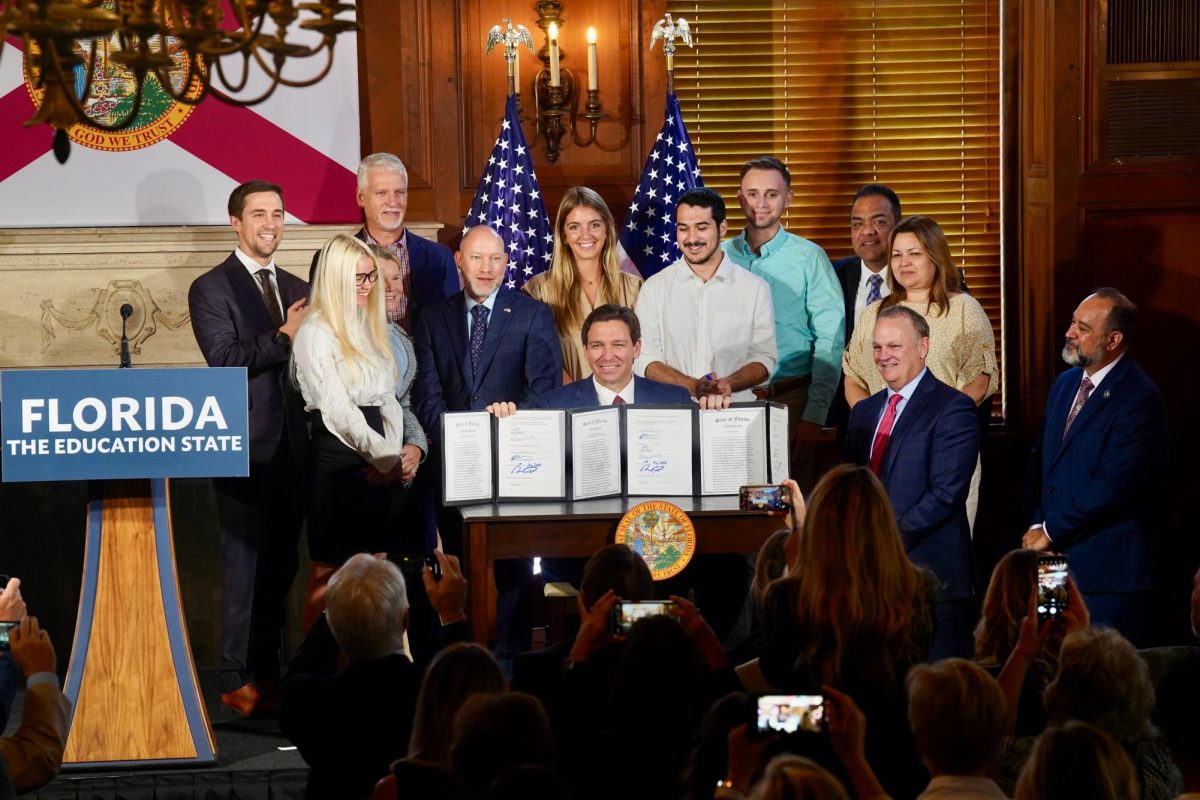This article expresses the views of its author(s), separate from those of this publication. Readers are encouraged to comment or submit a Letter to the Editor to share their opinions. To submit a Letter to the Editor, follow the instructions here.
Over the past few years, 19 states have passed laws that require age verification online, raising questions about user’s rights to privacy and free speech, as well as how age verification will be implemented.
These laws impact different parts of the internet, with some targeting adult websites and others restricting social media access for minors.
Notedly, Florida passed House Bill 3 in 2024, which regulates minors using social media and accessing “material harmful to minors.” The latter intends to target adult websites.
Despite legal challenges, House Bill 3 and similar bills face, House Bill 3 went into effect on the first day of this year.
When faced with this mandate which requires users to verify their age with a picture or an ID, some websites shut down services in the state.
For UNF students, age verification laws and policies cause concerns about privacy and data security.
“I don’t know if there is anything that I would trust to upload, like, that’s your ID,” stated UNF student Samantha McKinney, “you wouldn’t let somebody steal your ID in person.”
On the other hand, I did hear about possible exceptions students would make, usually when it came to reputable apps.
“The one app that I considered doing it for was LinkedIn,” explained UNF student Evelyn Motz, “but that was really just to get the verification that I am who I say I am…. To me, it’s a little different since it’s a professional app.”
I also heard from some people that they felt that a change, like more age verification online, could lead to a safer internet overall.
Katerina Gonzalez, a UNF student studying social work, mentioned they feel ID verification might help cut down on scammers and fake profiles. Despite some discomfort with uploading an ID, Gonzalez indicated that the negative consequences of anonymity online pose a real threat to online security.
Overall, my experience talking to students about age verification online mainly pointed to one problem— how will websites get users to comply?
When you ask people about these policies, they certainly will point out how uncomfortable they are putting in their personal information. I most definitely do not want to put my driver’s license out on the internet.
Relatedly, when the block on adult websites took effect in Florida, Google searches for VPNs skyrocketed in the state.
I have read an article by a business law professor, Nicholas Creel, who argues that doing age verification at the device level cuts down on privacy and security concerns. Verifying this way cuts down on the number of apps receiving sensitive information and “would create a unified standard that could be enforced globally.”
However, I do not think doing this would fully address the free speech problems that arise from age verification laws, which have been the basis for ongoing legal challenges.
All in all, I think online age verification has some issues to work out, and I am not sure if the average internet user wants the government to force them to give up sensitive information.
___
For more information or news tips, or if you see an error in this story or have any compliments or concerns, contact editor@unfspinnaker.com.

















